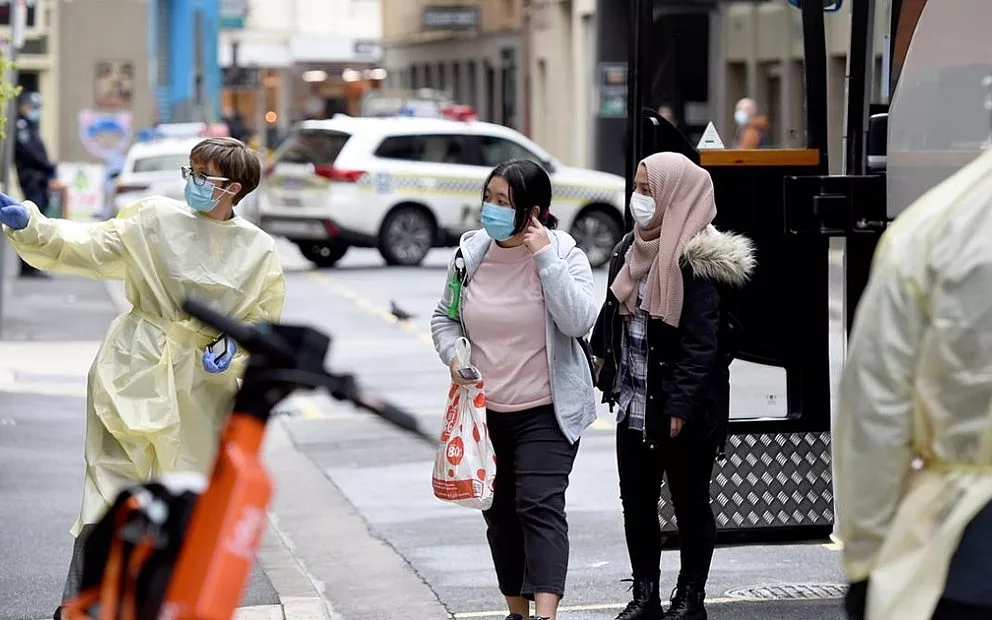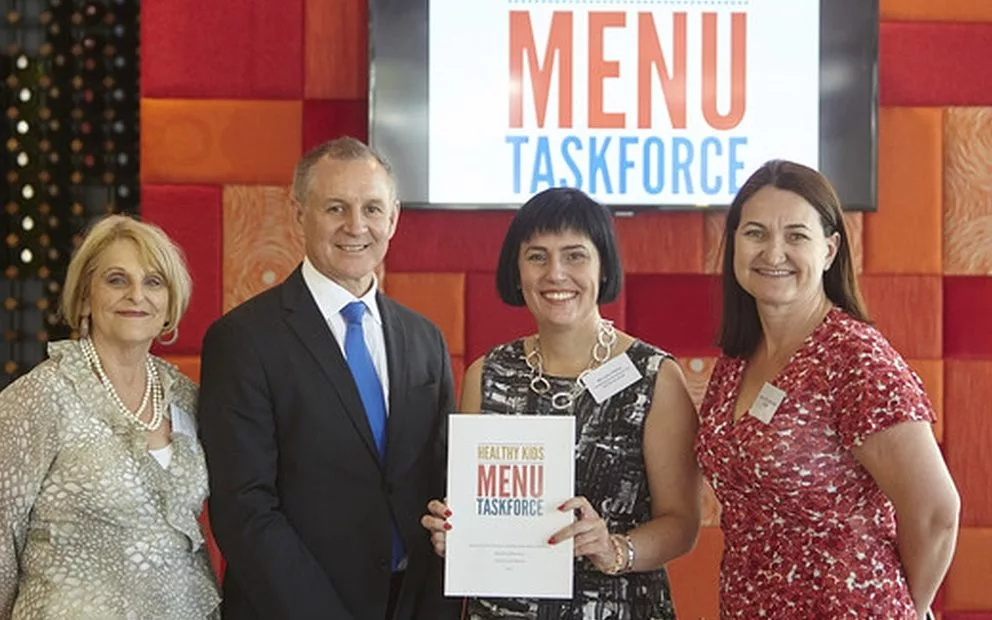Two years after entering a residential aged care facility (RACF) less than half of residents have had their medications reviewed through the Australian government’s residential medication management review (RMMR) program – a service designed for facilitating best possible use of medicines in RACFs – according to research published by the Medical Journal of Australia.
“Previous studies have found that RMMRs by accredited pharmacists and general practitioners identify an average of 2.7–3.9 medication-related problems per resident, with 45–84% of pharmacists’ recommendations accepted by GPs,” wrote the authors, led by Dr Janet Sluggett, a Senior Research Fellow at the University of South Australia, and the Registry of Senior Australians at the South Australian Health and Medical Research Institute.
“Guidelines recommend that residents should generally receive an RMMR on entering an RACF and when their clinical circumstances change, but the time to receiving an RMMR after RACF entry was previously unknown.”
Sluggett and colleagues examined time to first RMMR after RACF entry by analysing data for the national historical cohort of the Registry of Senior Australians.
“A total of 176 390 residents in 2799 RACFs were included in this study. The median resident age at RACF entry was 84 years, 108 908 were women (61.7%), and 84 864 were living with dementia (48.1%),” the authors found.
“In the year before RACF entry, residents received a median of 11 different prescription medications; and 109 765 (62.2%) had received at least one high risk medication. Yet only 7912 (4.5%) residents had received a Home Medicines Review (a medication review for people living in the community) in the 12 months before RACF entry.
“By three months after RACF entry, 19.1% of residents had received RMMRs, 11.8% had died without RMMRs, and 5.7% had left their RACF for other reasons without RMMRs.
“At 12 months, 43.1% had received RMMRs, 20.6% had died without RMMRs, and 9.0% had left without receiving RMMRs.
“By 24 months, 49.7% had received RMMRs, 25.8% had died without RMMRs, and 10.2% had left their first RACF for other reasons without receiving RMMRs.”
Sluggett and colleagues reported they “could not determine why residents were not referred for RMMRs, nor the impact of recent RMMR program changes on RMMR uptake and health outcomes for residents”.
“Despite RMMRs being a key means for minimising medication-related harm for older Australians in RACFs, GP claims for RMMRs are lodged for only a fraction of residents who enter RACFs.
“The potential underuse of the RMMR program may be a missed opportunity for identifying and resolving medication-related problems in Australian RACFs,” they concluded.



